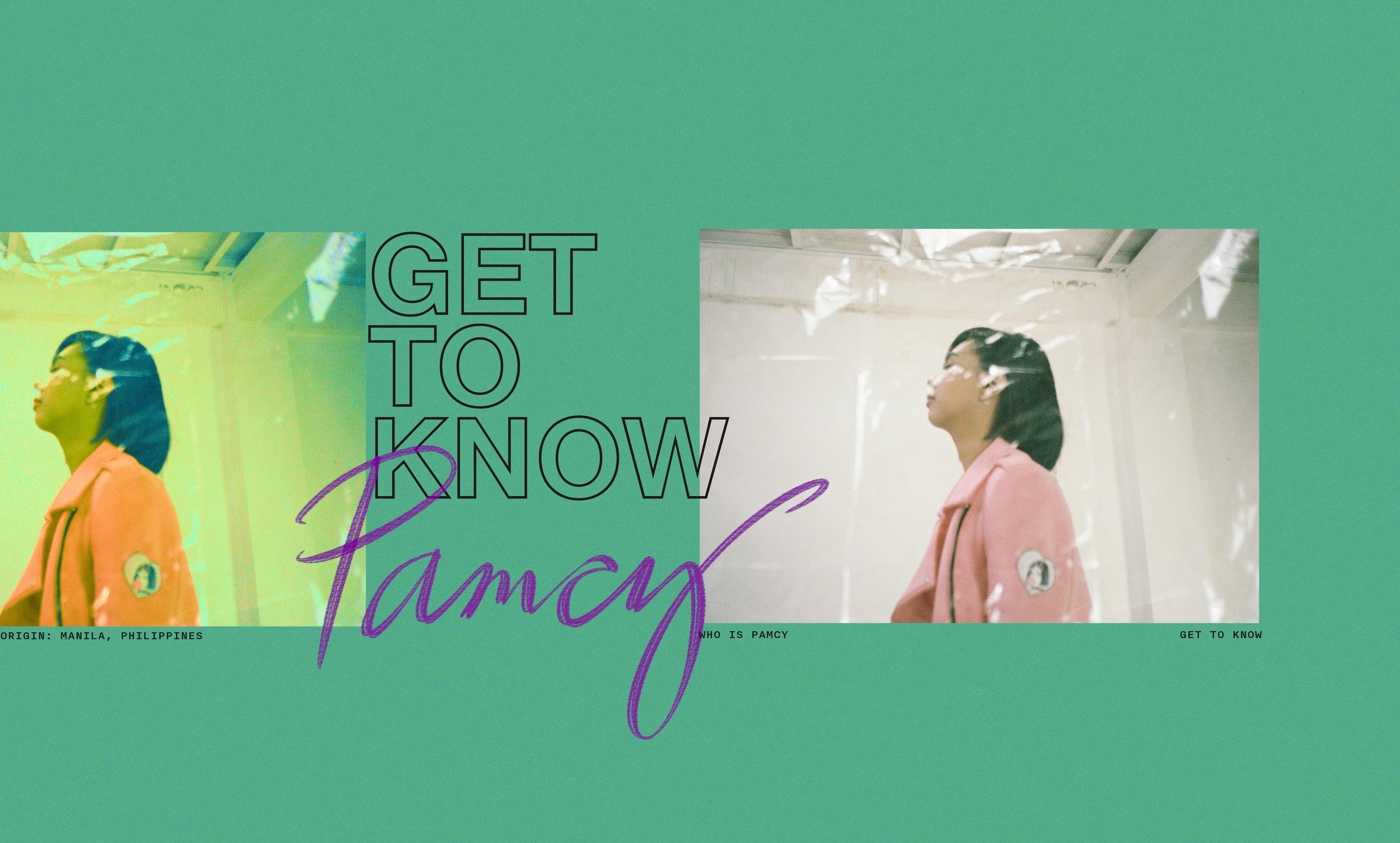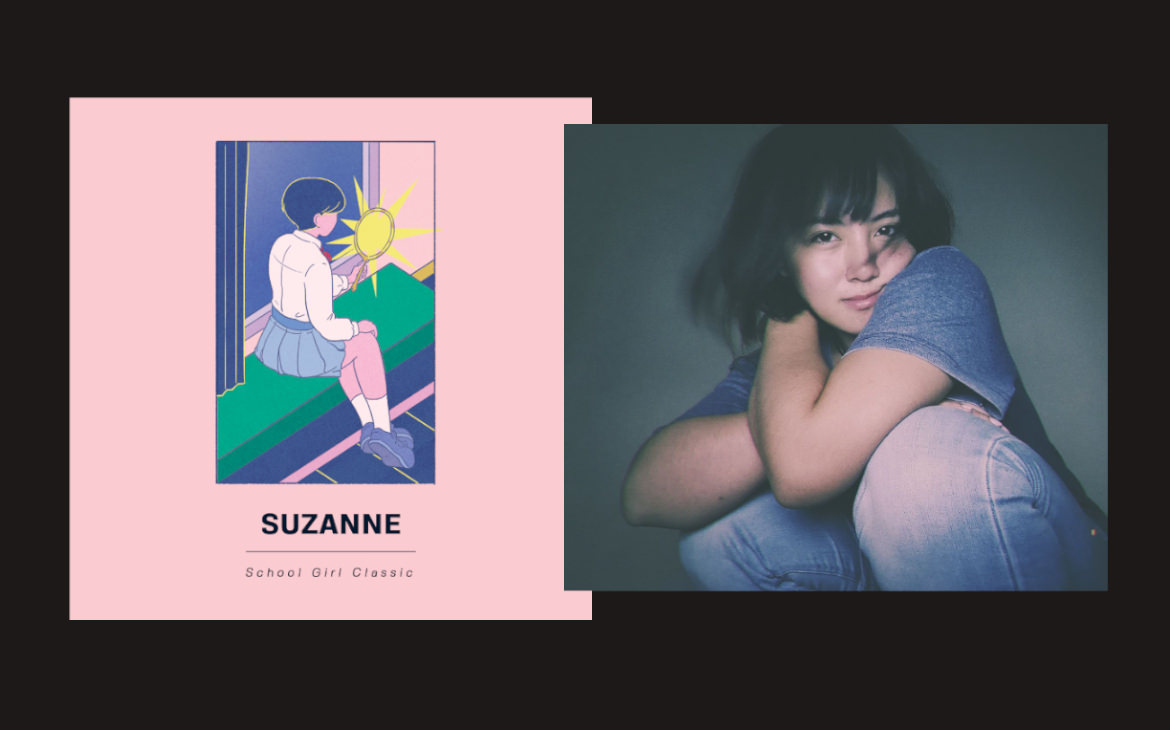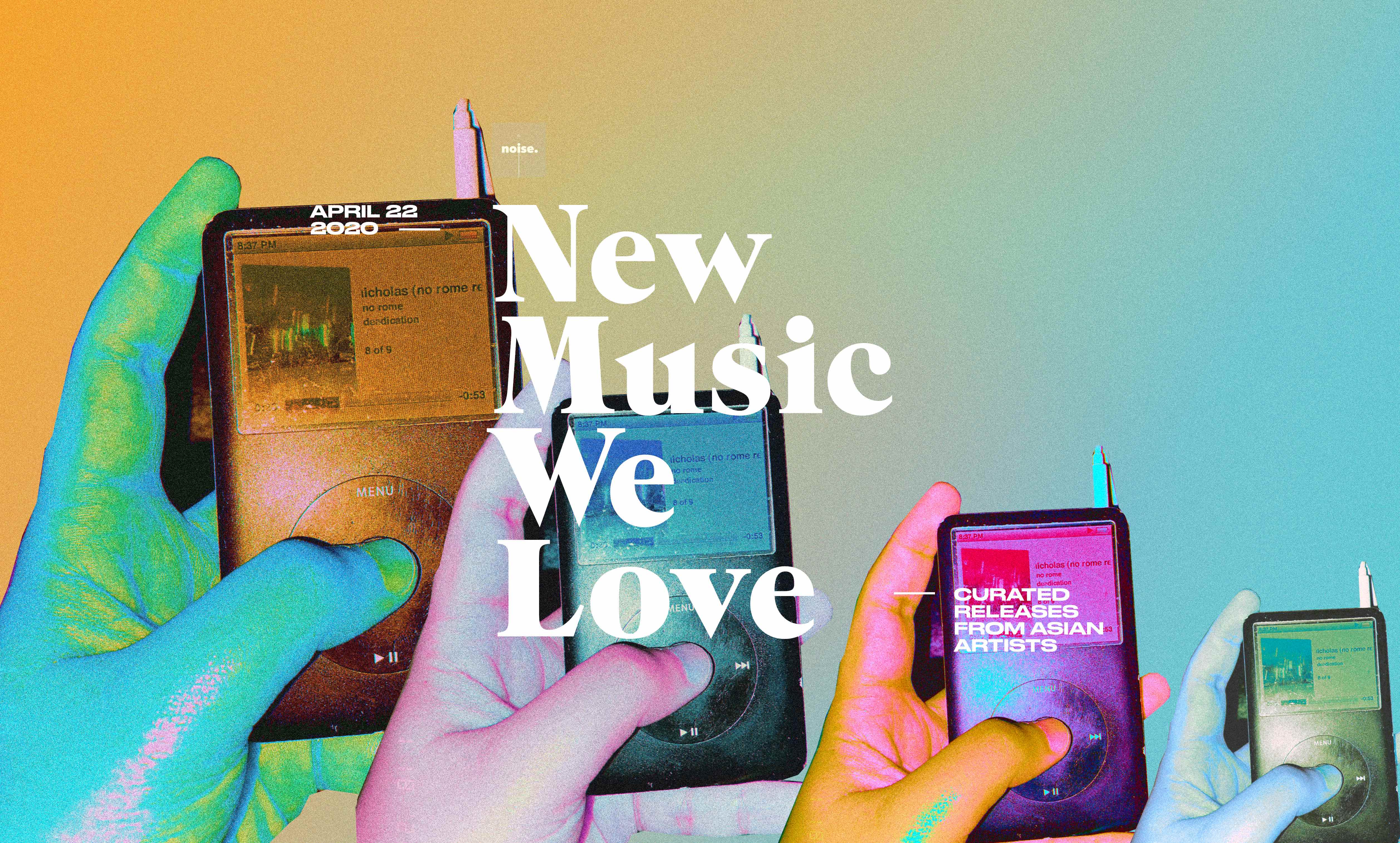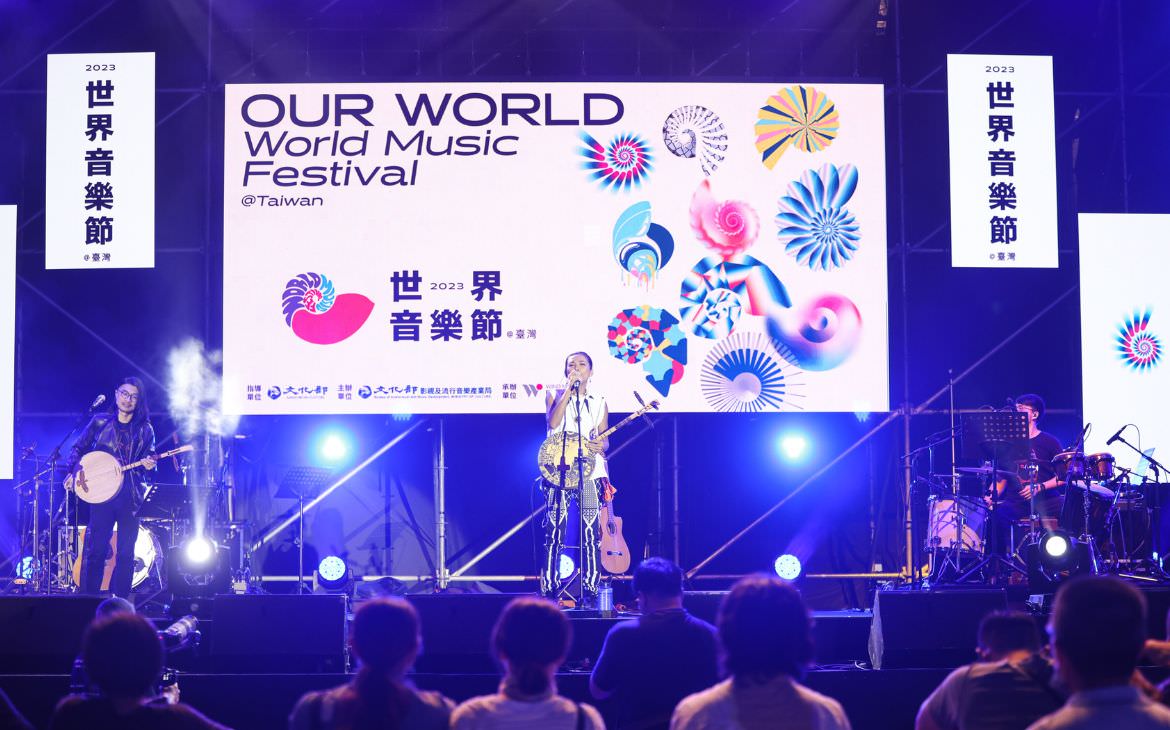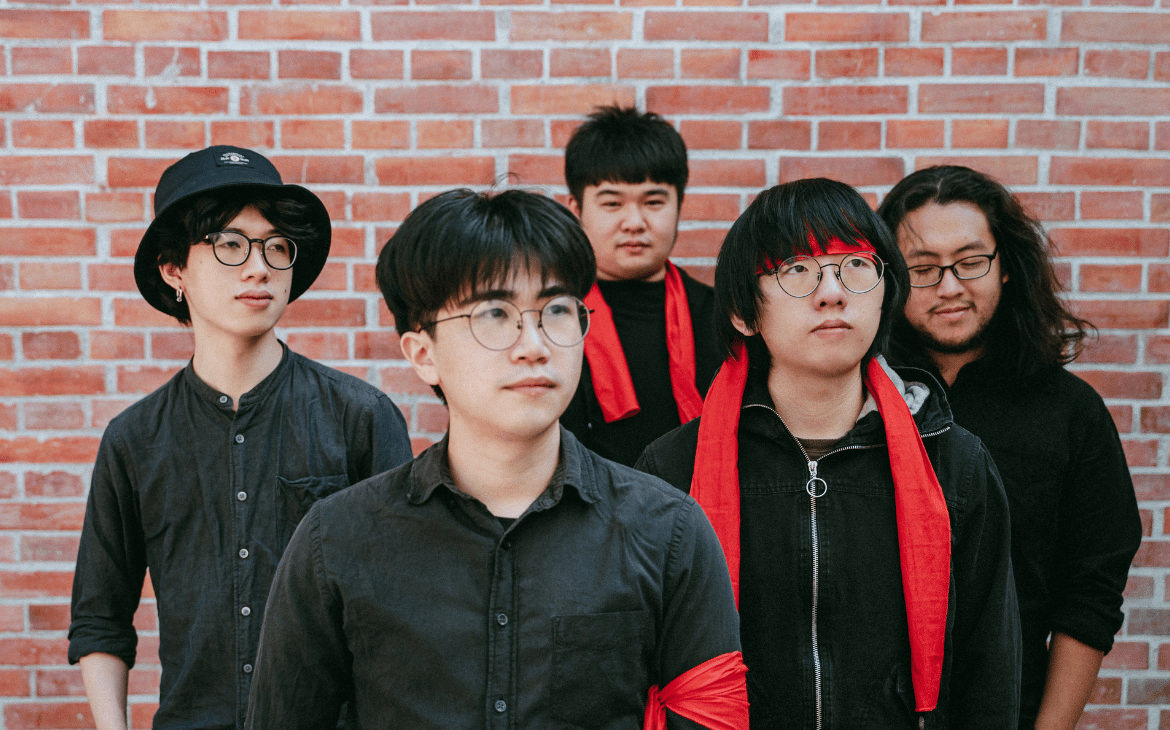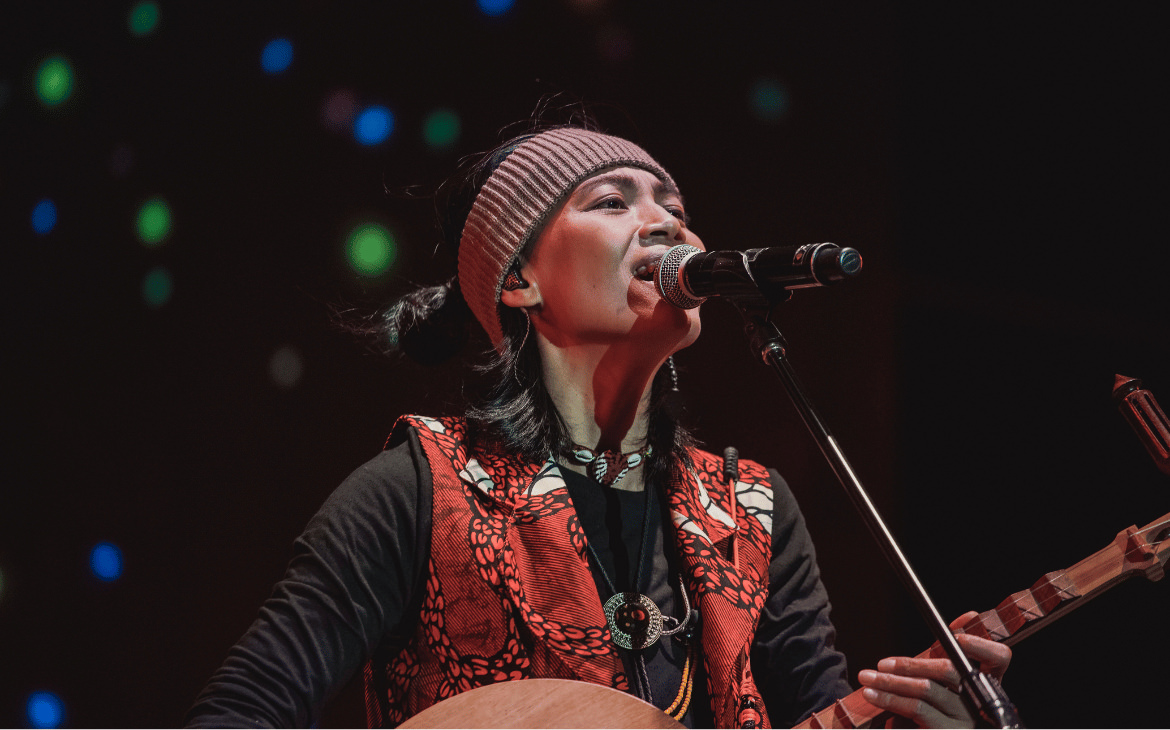WORDS AND LAYOUT BY MC GALANG
ALL ARTIST PHOTOS COURTESY OF RYAN MELGAR
The first time I heard of house music was through the Deeper Manila podcasts on iTunes in 2011, listening to mixes by Justin De Guzman, Kass Ilagan, Miguel Libre, and other producers from Manila. A year later, I attended Manila Music Festival, watching sets from June Marieezy, similarobjects, Shinichi Osawa, and hip-hop giants, Afrika Bambaataa (who was still then part of the Zulu Nation) and Ali Shaheed Muhammad of the one and only, A Tribe Called Quest. It was my first time attending a show where dancing felt like an intimate ritual, shared with others not through rapturous excitement but a collective, almost tantric, release.
My initiation to house, and its various subgenres, has deepened my understanding of dance music and of music itself, far removed from the many cursory demands of popular music and culture I knew, and somewhat more intricately connected with the hip-hop I grew up listening to. This analogous, visceral link to beat-based music is best described by one of the earliest evocative deep house tracks, Larry Heard’s (a.k.a. Mr. Fingers) 1986 hit, “Can You Feel It”—
And, you see, no one can own house because
House music is a universal language, spoken and understood by all
You see, house is a feeling that no one can understand really unless
You’re deep into the vibe of house. House is an uncontrollable
Desire to jack your body. And, as I told you before, this is
Our house and our house music.
Manila-based producer Pamcy Fernandez, known by her mononym Pamcy, took the fundamental elements of house music, primarily its characteristic four on the floor beat, to create a sound that articulates a more reserved, introverted joy; whether alone or with others. While I love to dance, I’ve always felt intimidated by clubs. Hearing songs like “Beauty Parlor,” “Buko Pandan,” and “Monami” allowed me revel in the joys and liberties that moving your body provides.
It was exciting to know Pamcy and I shared almost the same induction to house. I relate to her sentiments towards typical club parties, and I found her views on parochial and patriarchal attitudes toward women music-makers to be regrettably relevant. We reached out to her about her work and creative process, and shared with us what’s in store in the future.
This interview was lightly edited for clarity.
Introduce yourself and how you got started on making music.
I’m Pamcy, an electronic music producer and DJ from Manila. I started making music after taking a music production short course in Cosmic Sonic Arts (a music school founded by similarobjects) under Justin de Guzman. I chose Justin as my mentor because I’m a fan of his production work for June Marieezy and everything they were putting out on his label, Deeper Manila. I wanted to learn from someone who had a solid background in R&B, hip-hop, and house music, which was what I was into at that time. Justin is one of the best producers in Manila and learning from him during those five weeks changed the way I understood music. After the course, he made me do beat exercises, like remixing and copying drum patterns by ear on the DAW (Digital Audio Workstation). At first I was really embarrassed about my first few beats; I felt like they all sucked, but through those exercises, he nudged me to practice and encouraged me to make it a habit and continue making music. I eventually got the hang of it. Months later, I decided to upload my beats on Soundcloud.
How would you describe your music in general?
Maybe house is the closest genre to what I make, because I take a lot of elements from it, like the chord stabs and four on the floor drum beat. However, my music is like my own recipe of house with all sorts of ingredients. Most of the time, I copy bass lines from R&B. And I also like how pop music is arranged, so that’s what I use on all of my beats. I take a little bit of everything I like from different forms of music. I guess mine is like an omelette with random ingredients and seasonings thrown in.
Can you walk us through your writing process? What things influence you?
Usually my writing process begins while I do mundane things on my own, and then ideas come out of nowhere. I always start with the concept, and then I make the beats. I remember when I conceptualized my first collection of beats on Soundcloud, I was just at KFC having dinner alone. Before I went to KFC, I bought soymilk from a Korean grocery nearby. I had soymilk for dessert when I was done eating, and then I thought, I wanted to make a beat about soymilk. And then I started thinking of other drinks that I wanted to make a beat about. Eventually I called that project Bottle and it had three tracks named after drinks. That was the first thing I uploaded on Soundcloud. And it’s more or less the same process with my other projects. I conceptualized Deep Sea Pearls while I was on a bus ride going home after work. And then for my album, Binibini, one of the first tracks I thought of was “Beauty Parlor.” It crossed my mind because I was walking on my way to Sunday Mass and I passed by a salon. Generally, my creative process is nothing fancy. It’s like writing on a diary and just jotting down what happened during the day. I had a blog in my teens, so it was a habit I’ve had for a long time that evolved when I learned how to make music.
What is it about electronic music that draws you? How do you think it relates with, let’s say, club culture? Or do you have another intended audience for that. If so, who?
I got into electronic music because of Last.fm recommendations. I used to listen to what most teenagers listened to back in high school, like Fall Out Boy, Paramore, Panic! At The Disco, Black Eyed Peas, and Lady Gaga. I synced my music library to Last.fm and through ‘scrobbling’ the music I listened to, I started discovering electronic acts like Dragonette, Yelle, Cut Copy, and Junkie XL through the recommendations.
I was also heavily into indietronica, especially the local acts, like Up Dharma Down, Pedicab, Taken by Cars, The Dorques, and Techy Romantics. Eventually I discovered producers like SBTRKT, Jamie xx, Falty DL, and Lone, and that’s when I started becoming interested in the DJ/producer world. I’d watch performance videos and DJ sets on YouTube. It was so new to me at that time because live electronic and DJ sets looked so different from the usual live band setup that we had in Manila back in late 2000s. I think I was fascinated with it because it was something I’d never seen before.
I only started “clubbing” in 2014, when Black Market opened, because they booked DJs and producers whose music I like. I’d go out once or twice a year when an act I really dig is in town, just to appreciate the music and not really to “party.” My understanding of electronic music is so far removed from club culture, which I know very little about, because my experience of electronic music was mostly from the internet.
What do you think is the specific value of having your music translate in live format? How do you accommodate changes to address that transition from studio to the stage?
I think performing live should take recorded music up a notch. In recorded music, musicians have to generate sounds and lyrics out of nowhere, and the challenge is to try to be good at making something out of nothing. But when it comes to performing, musicians have to be already good at what they do and transcend it by improvising on the fly. Recorded music and live music shouldn’t feel and sound the same because the environment is different. I figured this out when I started playing gigs. Playing for an audience is almost nothing like the music making process. The music production process is limited to the people creating the music. But in live performances, the audience is also part of the music, they drive the emotions in the room together with the performer.
My understanding of electronic music is so far removed from club culture, which I know very little about, because my experience of electronic music was mostly from the internet.
Let’s talk about your most recent record, Binibini. What is the underlying theme for it and how does it relate with, or differ from, your previous EPs?
Making Binibini was a coming-of-age experience for me. The themes of my previous releases were not as complex, because I used to just play around with random ideas. With my first album, I had to dig deep into my identity. I was always boyish, and 80% of my outfits are shirts, jeans, and sneakers. The remaining 20% is just pambahay. I never learned how to wear makeup, even if I tried watching makeup tutorials. I was just so bad at it. For a while I was even embarrassed that my favorite color was pink, because people would say, “Talaga? Hindi bagay sa ‘yo,” or something like that.
I went on with life without really thinking about what I went through. But when I got into making music, I became hyperaware of being female. It’s impossible not to be hyperaware of your gender when majority of beatmakers on Soundcloud are men. And in a lot of gigs I performed at, it was either an “all-female” gig or I was one of the few women in the lineup. Suddenly, being a woman defined my place in the world. So when I finished my album, I felt like a lot of weight was lifted off my shoulders. I felt like I understood myself a little more than I did before I started writing the album. Like, finally, I’m okay with being me and I turned it into an album.
How would you describe your music journey so far? What are your favorite moments?
I never thought I’d get this far, or that I’d last more than a year. I remember the first time I opened a new project file like it was yesterday. But it’s already been more than three years. When I started out, I just wanted to pick up a new hobby. I even thought of just keeping my beats to myself, and it never occurred to me that I deserved an audience. I changed my mind when I realized, I’m not going to get better at making music if I just kept to myself. I began posting my beats on Soundcloud and Bandcamp, without expecting anything out of it. And then Healthy Tapes reached out to me after I posted this track called “25 and dead inside.” At that time, I was on the verge of abandoning beatmaking, thinking it was another hobby I failed at. I remember saying to myself, “last na siguro ‘to, ayoko na” but when I received an email from Healthy Tapes about possibly releasing my music on cassette, I realized that I had to keep on going. I don’t know if I’d get to this point without the support from people who believe in me more than I believe in myself.
When I got into making music, I became hyperaware of being female. It’s impossible not to be hyperaware of your gender when majority of beatmakers on Soundcloud are men. And in a lot of gigs I performed at, it was either an “all-female” gig or I was one of the few women in the lineup. Suddenly, being a woman defined my place in the world.
What are your biggest challenges as a musician and what would you wish would be changed in the current industry landscape?
Something I noticed especially in the last two years is how crowded the global music landscape is. I don’t think it’s a bad thing or that it’s troubling for me as an artist who is just beginning to carve out my own identity and path. But I feel like these days, when a musician puts out new music, it gets like a few days of attention; [and] then the next couple of days or next week, people forget about it entirely. Some musicians with established careers have been adjusting to it by releasing music on a regular basis. I kind of feel like this is also affecting the quality of music being put out there, given that musicians have a more limited time frame to create. Personally, I still prefer making music at my own pace.
I guess the landscape now forces all of us to think out of the box and try to separate ourselves from the noise. That said, I’m excited to see fellow artists do more intimate launches beyond the usual album launch at a bar, or package their music in an unusual way. This is something I’m also planning to incorporate in my music eventually. I guess this is happening already, especially during this quarantine. Musicians are playing online gigs more often, and there have been more online music festivals being planned out. I recently played for this internet radio station called datafruits, they had their annual music festival called DXDF last month. I’m also excited for the upcoming Rainbow Disco Club 2020, which is still pushing through online this month with a stellar lineup of Japanese DJs. I hope these online gigs and music festivals will still be a thing even after the quarantine.
Tell us about what you’re working on right now—and what should we look forward to?
I’m releasing an EP this year, and I’m also working on music for another artist. And then I’m also going to perform at Club Matryoshka‘s 24-hour Online Music Festival, Infinite Summer. Some of the local acts I’ll be playing alongside are HAUTE COUTURE, Teya Logos, crwn, Meh Shua, and Emel Rowe. The music festival is a donation drive for the COVID-19 Solidarity Response Fund for WHO, and then half of the proceeds will go to the participating artists as well.
Read our Massive Guide to Filipino Albums and EPs in 2020
Stream Sayaw
